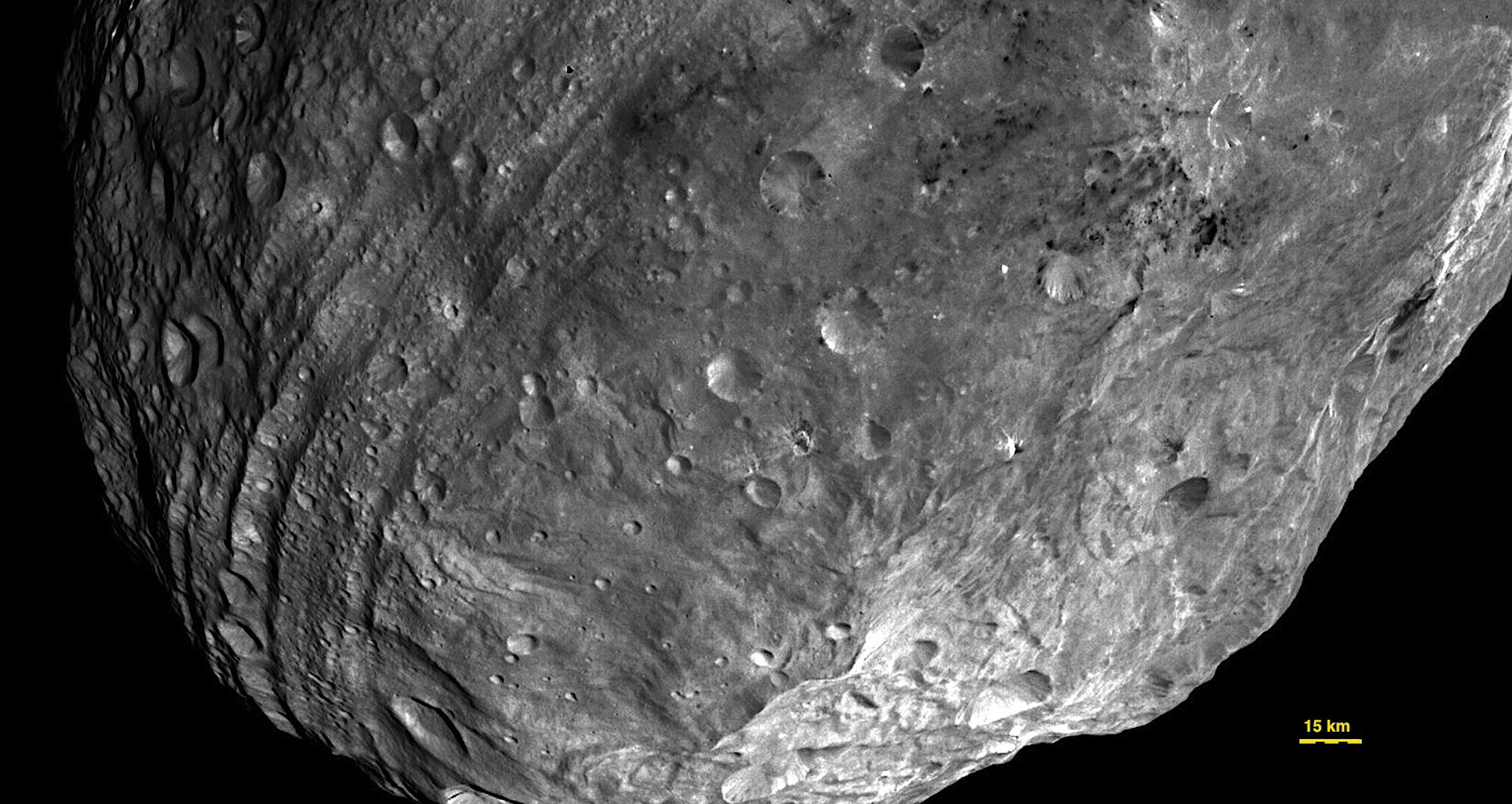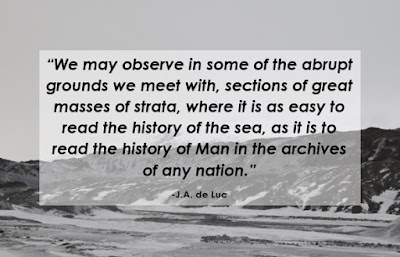The title of this post says young people, but really this is applicable to anyone. I've been meaning to write something along these lines for ages now, but seeing some of the people on the nasa-offical tumblr (disclaimer: not actually NASA, but a very sweet person who I'm sure will flourish in the world of academic science) has pushed it to the forefront of my mind.
Given that I have a habit of starting to write things and never finishing them, I thought I'd crack on and actually do this one. Anyway, here's a quick reminder of where I stand in science:
- MGeol: 1st class. This is an integrated Master of Geology degree, meaning that I do my BSc and Masters as one 4 year block at the same institution
- Areas of expertise:
- Igneous geology - think lava.
- Planetary geology - think space.
- HED meteorites -think lava in space.
- Scanning Electron Microscopy - a fancy way to look at very small things
- Publishing history:
- Conference abstract for the 79th Annual Meeting of the Meteoritical Society: Mitchell, J.T., Stephen, N.R. (2016), Revisiting NWA 3141, 8266, and 8594: Two eucrites and a howardite? Meteoritics & Planetary Science, Volume 51, Issue S1
- Applying for PhDs
So. Here's the thing.
Science at school is approached in a way that actually makes it very difficult to stick with. If you aren't "naturally talented" at science or maths then you'd better just give up because you'll never make it. Maths is everything. You must be good at maths. You will fail at life if you cannot do maths.
Importantly, this is utter bullshit. Sometimes, though, it seems all too real.
Now, I failed maths pretty catastrophically when I did my A levels (from some quick googling, these seem to be roughly equivalent to US AP exams). In fact, I failed so badly at my maths AS level, I never got around to doing the A2. Instead, I resat the exam and just scraped a pass. That being said, I actually did really well in the astrophysics and radioactivity modules of my Physics A level, which we were all told we could not do if we weren't really damn good at maths.
Did my apparent inability hold me back? No, but it was a massive blow. I worked as hard as I could, but I couldn't produce results in the exam no matter what. It left me doubting myself and I had a major drop in confidence (I'd never failed an exam before), but you pick yourself up and you carry on.
A lot of people I know, myself included, have thought that at some point they are not talented enough to pursue science in academia or as a career. This word "talent" is a weird one and, quite frankly, I don't think it has much place here. It implies that you are naturally gifted for science and if you're not one of these chosen few, then there's no hope. I'll admit that some people do have an affinity for it. I'm one of those people. However - and it's a big however - you can learn.
If you are passionate enough about a subject, you enjoy learning it. Why did I do so well at astrophysics when I could barely pass maths? Because I enjoyed it. That makes a world of difference and is one of the main things that distinguishes science at university to science at school: you are there because you worked hard, because you want to be there, and it should be because you enjoy it. University is a large chunk of your life, and I see no point in studying something you hate.
The hardest thing is dealing with what people expect of you. There is so much pressure from school as is, the last thing you need is to have that from home as well. For a very long time, my grandparents made it abundantly clear that I was expected to do literature as is befitting of a young woman in their view. My mother put them back in their place very simply by saying this:
"Wouldn't you rather she was happy?"
So often, people forget that you should enjoy what you do. It has become commonplace to despise your job, to let it make you anxious and sick. Buck that trend. Strive for what you want to do. Your choice to study science is entirely yours. If you are interested enough and willing enough, you'll develop a work ethic that allows you to succeed. You can drive ideas and imagination to hypothesis and theory, and you'll love it.
Science is wonderful because it can unlock a childish glee in all of us. We all have that one part of science that blows us away over and over again. For me, it's space and planets. It's holding rocks that are 4.6 billion years old and working out how and why they form. For others, it's dinosaurs, or sharks and whales, it's medicine and curing people, it's powering entire nations with new technology, it's studying why humans are as they are and why everything else is as it is.
Find your thing. Find what sparks your interest and never let it go. It won't always be easy. There'll definitely be days where you think becoming a hermit would be a much better use of your time (I've had many a day like that), and that's normal. Take a breather. Finish the essay or report or whatever it is. Re-ignite your passion and look forwards to the next thing.
And so, young scientists, it is really quite simple:






















